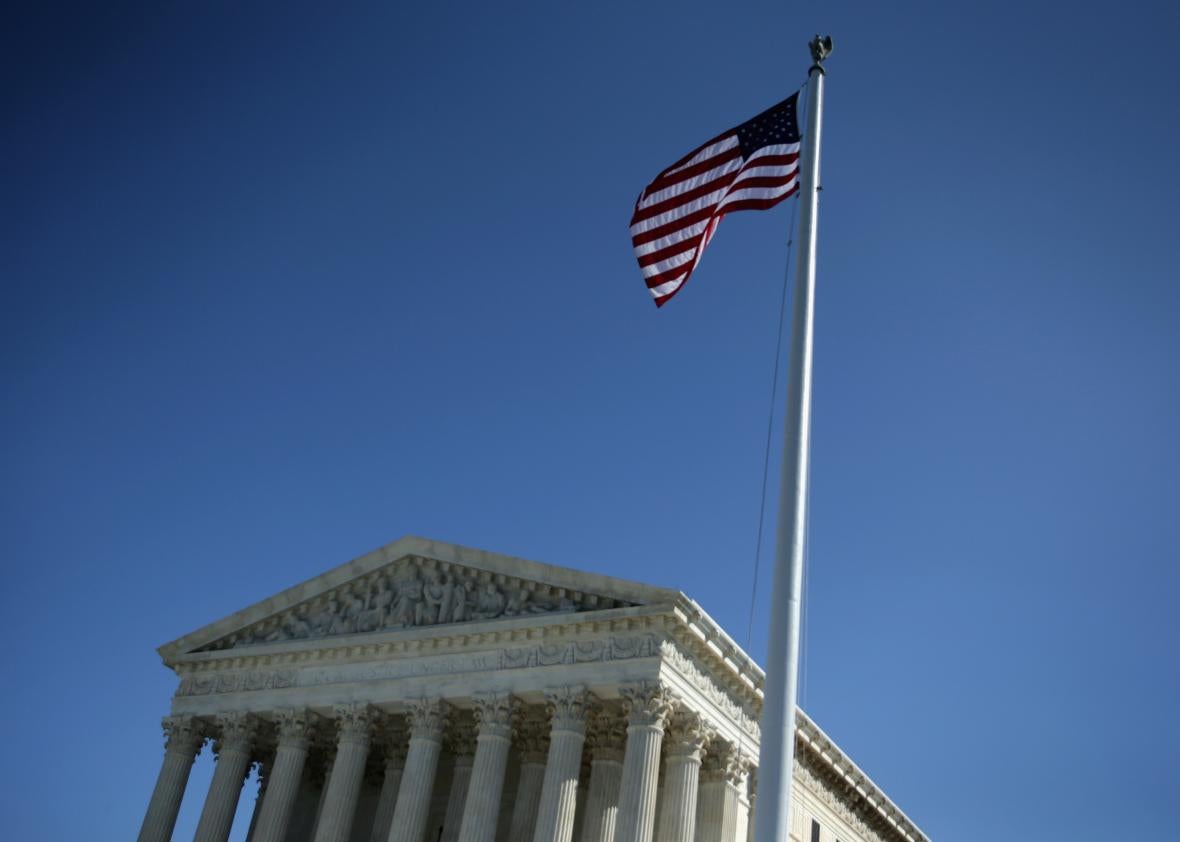I soon will return to the court’s end-of-term and especially Whole Women’s Health, coming down Monday. But I cannot resist first joining Akhil briefly on the detour created by Judge Posner, with his grand attacks on law professors, justices, and traditional methods of constitutional interpretation.
(I note that by using Judge Posner rather than “Dick,” I hope I am being appropriately but not “too respectful;” addressing a judge known from clerkship days by his first name feels to me as unnatural as would calling my fourth-grade teacher “Lee” and not Mr. Tintle, even decades later.)
More to the point, like Akhil, I do not perceive law professors as pandering to the justices or as generally reluctant to speak truth to power. It may be that few employ Judge Posner’s sweeping style or reach conclusions as extreme. But the law journals are filled with substantive and harsh critiques. That’s what we do.
A better question is how much of that writing is worth reading. Is Judge Posner right that law professors are, well, too academic? At one level, I would say clearly yes—as have many others, over many years. No doubt, much of what fills the modern law journals is of too little use, whether to practitioners or the development of thought. We long have heard that, and it’s valuable for judges to keep that feedback coming. I also agree with his point that we make it too hard to enter legal academia later in a career; it was unusual when I did so a dozen years out of law school, and it seems to have become yet more difficult since.
On the other hand, numerous of my academic colleagues have done serious full-time stints in government and nonprofits, typically by taking leaves. Many more engage deeply with real-world practical experience, even while teaching, be it through litigating and filing amicus briefs; serving on nonprofit boards; working with legislators and other elected and appointed officials; blogging for Slate or SCOTUSblog, Lawfare, Just Security, Volokh, or themselves. The American Constitution Society just announced a new Board of Academic Advisors filled with wonderful law professors who are deeply engaged with the world outside of the academy.
All of this seems to me especially vibrant and on the upswing in recent years and, I think, should in a sense count as intellectual and practical contributions of academics. So, too, academia’s more traditional contributions to major recent constitutional change. Think about the conversation around the Second Amendment and the assault on the commerce power as one of many challenges to the Affordable Care Act. Although numerous academic writings in the decades since the Federalist Society’s formation did not ultimately achieve a majority for Scalia-type originalism or a federalism revolution, they did contribute to significant constitutional and, perhaps more important, political change.
I am reluctant to read quite as much into it as does Akhil’s strong response, but Judge Posner’s rather bizarre dismissal of the value of any time spent on studying the Constitution, or its history, seems plain wrong on multiple levels. A small point: His timing is strikingly at odds with the widespread obsession—including my own—with the musical Hamilton, which Richard Primus, writing for the Atlantic, perhaps extravagantly suggests can help transform the future of constitutional law in a progressive direction.
In any case, surely the development of constitutional law is beneficially informed by the study of our constitutional history, and our use of the common language our Constitution supplies, as we debate the great issues of our day. In my next post, I will turn to one such great issue on which the Court will opine Monday, one I think is properly informed by constitutional notions of “liberty” and “equal protection” as applied to the fundamental right of women to be free from governmental interference in their decisions when and whether to have children.
